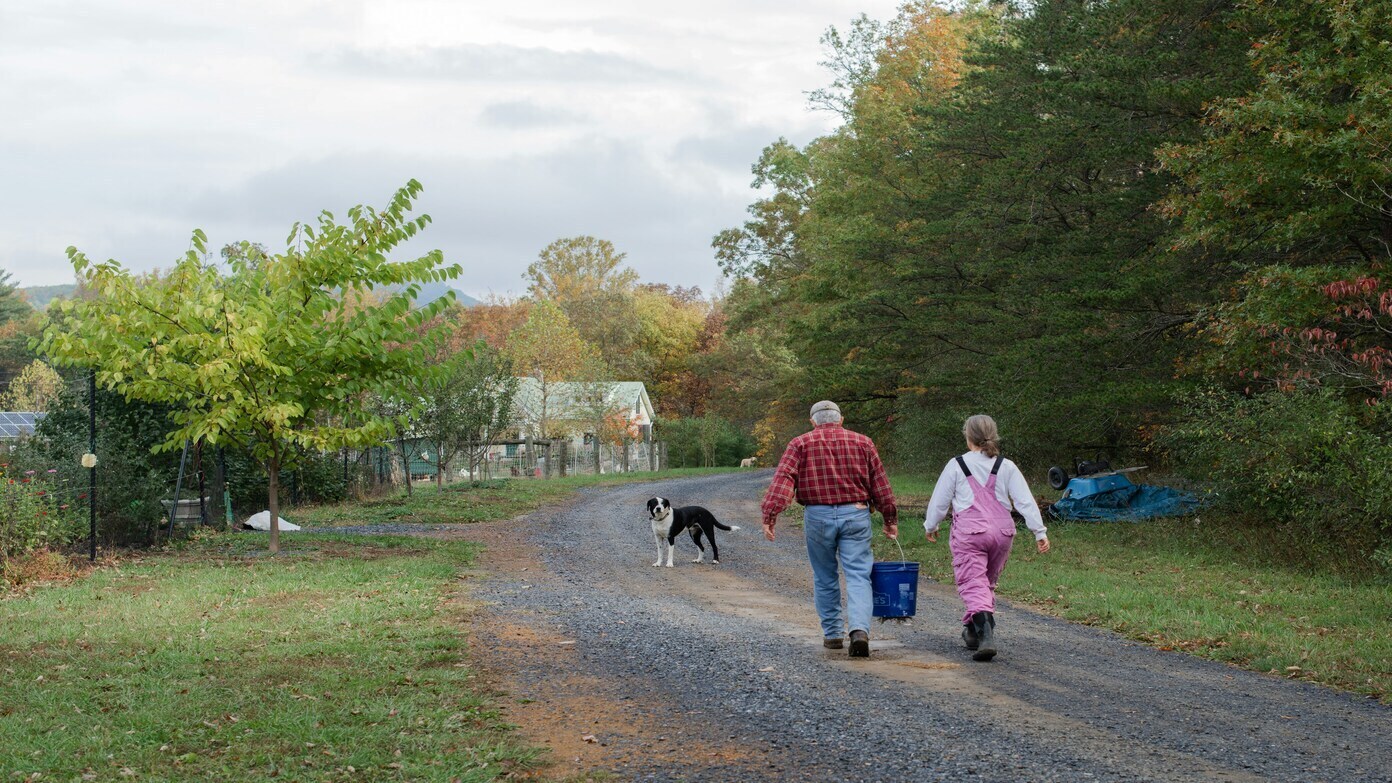Paper checks at risk — but not for everyone
The Social Security Administration (SSA) has been working hard to move away from paper checks. Nearly 99% of beneficiaries already get their money through direct deposit or the Direct Express prepaid debit card. But for the half a million Americans who still depend on checks, a new policy created fear that their payments could be disrupted.
A March executive order set a deadline of September 30 for the federal government to stop issuing paper checks, except in limited cases. That raised alarms, especially for people in rural areas, tribal lands, and other communities with few banks or poor internet access.
But here’s the good news: retirees in areas without access to banking services can still receive their Social Security checks by mail.
Why the push to go digital?
The government argues that digital payments are safer, faster, and cheaper. Paper checks come with risks like mail theft, fraud, and delays. In recent years, criminals have increasingly stolen checks out of mailboxes, sometimes changing the amounts before cashing them.
The American Bankers Association even said that removing paper checks would create “a cheaper, faster, and more secure payment system.”
At the same time, mailing checks costs more money. The Treasury has been trying to cut back on paper payments since 2011, when electronic deposits first became the standard for federal benefits.
What if you still want a paper check?
If you’re one of the 521,644 people who still get Social Security by paper check, you won’t automatically lose it. But you must take action. Beneficiaries who want to keep receiving checks need to call the Treasury Department and apply for a waiver.
The waiver is only available for people who:
- Don’t have a bank account,
- Live in rural or tribal areas with limited banking access, or
- Face other serious barriers to digital payments.
Without this waiver, payments may be delayed or disrupted after September 30.
Why rural retirees are safe
The SSA has confirmed that people without banks nearby will continue to get their money by mail. For many rural retirees, this is a relief. In small towns and tribal communities, banks may be hours away, and reliable internet is often limited.
For these groups, switching to digital payments isn’t practical. That’s why the waiver system exists — so seniors can keep their benefits flowing the old-fashioned way.
What about Direct Express?
The Direct Express prepaid debit card is the main alternative for people without bank accounts. Payments are loaded onto the card each month, and it works like a normal debit card for purchases or withdrawals.
But it hasn’t been without problems. The Consumer Financial Protection Bureau (CFPB) even sued the card’s administrator in 2023, accusing it of poor customer service and unfair fees. That lawsuit was later dropped, but concerns remain.
The Treasury has since moved to a new administrator, hoping to improve the programme.
Challenges for the SSA
Even though the rules are clear, the SSA faces big challenges. The agency recently announced staff cuts, which could make it harder to help beneficiaries navigate the new system. Some people may also face delays if their paperwork is incomplete or if they don’t respond quickly to letters.
An SSA worker explained that many applications without direct deposit information will now be placed on hold for 30 days while the agency tries to contact the applicant. With fewer staff, that means many people will only find out about the issue when a letter arrives, which could slow things down even more.
What retirees should do now?
If you live in a rural or tribal community without easy access to a bank, you don’t need to panic. Your payments can continue by check as long as you apply for the waiver before September 30.
Here’s what you should do:
- Check how you currently receive benefits. If you already use direct deposit, nothing changes.
- If you still get paper checks, decide whether you want to switch or apply for a waiver.
- Call the Treasury Department to apply for the waiver if you need to keep receiving checks.
- Watch your mail for letters from the SSA with instructions.
A balance between safety and access
The federal government wants to modernise how benefits are delivered, but it also recognises that not everyone has equal access to banking. By allowing waivers for rural retirees, the SSA is making sure no one is left behind.
For seniors in small towns and remote communities, the news brings comfort: your $1,500 Social Security payments will still arrive in your mailbox, right on time.
Must read:
SSA Commissioner Bisignano lays out future for the agency
2026 Social Security boost expected as tariff-driven inflation fears grow

